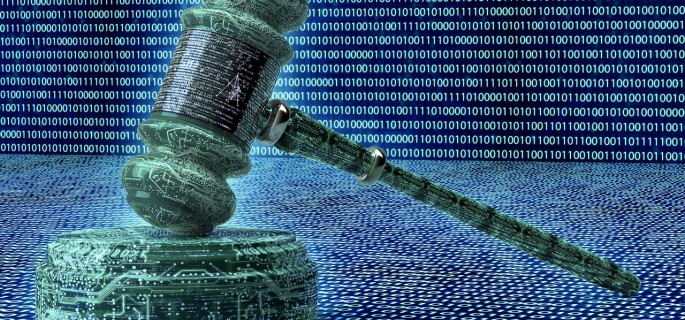Robot judges: Artificial Intelligence predicts judicial outcomes

Advances in artificial intelligence have some envisioning a future in which machines could be entrusted to dispense justice.
While the idea of robot judges may never move beyond science fiction, computer scientists are getting better at using algorithms to predict judicial outcomes.
According to a new paper published Monday in PeerJ Computer Science, researchers predicted the outcome of cases tried by the European Court of Human Rights with 79% accuracy.
The study — led by scholars at the University College London, the University of Sheffield and the University of Pennsylvania — used a text-mining approach similar to previous models used for predicting the votes of U.S. Supreme Court judges.
“[T]his paper presents the first systematic study on predicting the decision outcome of cases tried at a major international court by mining the available textual information,” the study said.
The study extracted information from published judgments in cases dealing with torture, degradation, the right to fair trials, and privacy.
“Results indicate that the ‘facts’ section of a case best predicts the actual court’s decision, which is more consistent with legal realists’ insights about judicial decision-making,” the paper said.
UCL computer scientist Nikolaos Aletras, who helped lead the study, said the results don’t suggest that we’ll be seeing gavel-wielding robots any time soon.
“We don’t see AI replacing judges or lawyers,” Mr. Aletras said in a statement. “But we think they’d find it useful for rapidly identifying patterns in cases that lead to certain outcomes. It could also be a valuable tool for highlighting which cases are most likely to be violations of the European Convention on Human Rights.”
Source: WSJ




























